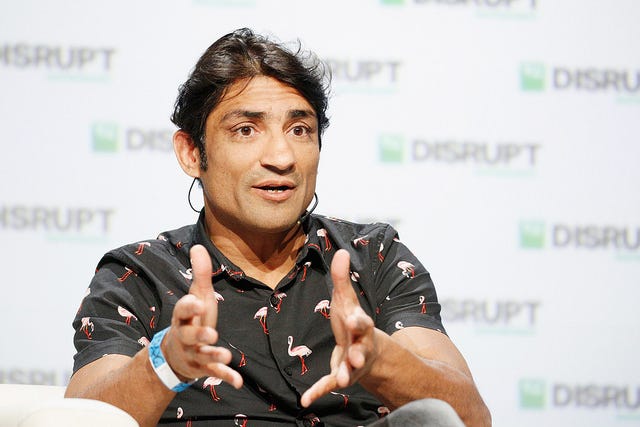Exploring Tech Startup Literature: The Good, The Bad, and The Cheesy
Written on
Chapter 1: A Shift in Tech Startup Narratives
When I started reviewing literature about tech startups nearly twenty years ago, there were significant gaps in representation. For one, the narratives were largely male-dominated, often omitting the contributions and perspectives of women. It wasn't until the publication of Sheryl Sandberg’s Lean In in 2013 that the landscape began to shift. Back then, the stories of internet innovators were predominantly centered on male figures.
Fast forward to 2023, a time marked by notable events such as Elizabeth Holmes's imprisonment for her role in Theranos and the tarnishing of Elon Musk's reputation. This evolution has ushered in a more complex and perhaps realistic portrayal of the tech industry. Each year continues to produce a mix of exemplary and less favorable literature. Below, I present five standout books that embody these themes, showcasing the highs and lows of startup culture.

Section 1.1: The Good
Book: Amazonia: Five Years At the Center of the Dot.Com Boom (New Press, 2004)
Author: James Marcus, journalist and former editor of Harper’s
Focus Company: Amazon
In 1996, James Marcus joined Amazon as employee number 55. Hired by Jeff Bezos, he contributed to the early days of the company, from managing the homepage to assisting customer service. In an engaging memoir reminiscent of Michael Lewis's Liar’s Poker, Marcus shares his experiences, emphasizing how the internet's initial idealism often gets overlooked today.

Book: Uncanny Valley: A Memoir (MCD/Farrar, Straus & Giroux, 2020)
Author: Anna Wiener, tech correspondent for The New Yorker
Focus Company: GitHub
Anna Wiener's Uncanny Valley offers a fresh feminist perspective on Silicon Valley, contrasting sharply with previous narratives. It captures the author's experiences as a millennial navigating the tech world, where she encountered an environment filled with interoffice skateboarding and a competitive job market that often sidelined women. While some have critiqued her lack of coding skills, her sharp observations make this memoir a standout.

Book: Fulfillment: Winning and Losing in One-click America (Farrar, Straus & Giroux, 2021)
Author: Alec MacGillis, reporter for ProPublica
Focus Company: Amazon
Fulfillment presents a critical examination of Amazon’s impact on local communities. MacGillis details how the company negotiates tax breaks at the expense of public services, providing a sobering look at the hidden costs of hosting a tech giant. This book serves as a cautionary tale about the allure of such companies and their broader implications.

Section 1.2: The Bad
Book: Decoding the World: A Road Map for the Questioner (Twelve, 2020)
Authors: Po Bronson and Arvind Gupta
Focus Company: IndieBio
This book struggles to find its identity, oscillating between memoir, journalism, and promotional content. Bronson, previously acclaimed for his bestseller, presents a disjointed narrative that fails to cohesively connect its topics. Readers may find themselves frustrated by the lack of clarity and focus in this ambitious but muddled work.

Chapter 2: The Cheesy
Book: The Accidental Billionaires: The Founding of Facebook (Doubleday, 2009)
Author: Ben Mezrich
Focus Company: Facebook
This sensationalized account of Facebook's creation has been criticized for its reliance on dramatization and fictionalized elements. While it served as the inspiration for the Academy Award-winning film The Social Network, many readers may prefer the cinematic adaptation over the book itself, which often leans towards the ridiculous.
The video title is Kara Swisher vs. Big Tech: The Untold Story - YouTube, which provides insights into the ongoing debates surrounding technology and its influence on society.
In conclusion, the literature on tech startups continues to evolve, reflecting the complexities of the industry and its players. From empowering narratives to cautionary tales, these books offer a lens into the multifaceted world of technology and entrepreneurship.